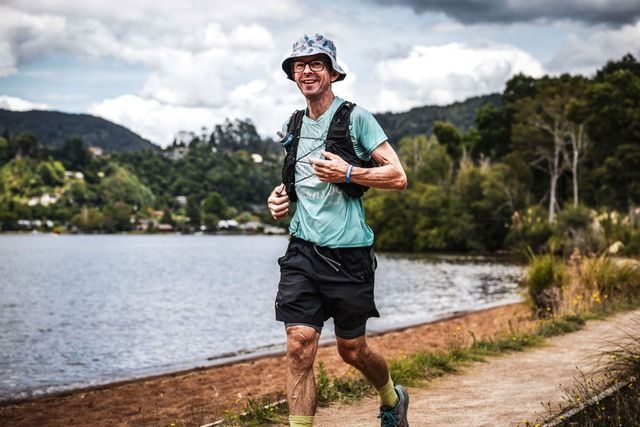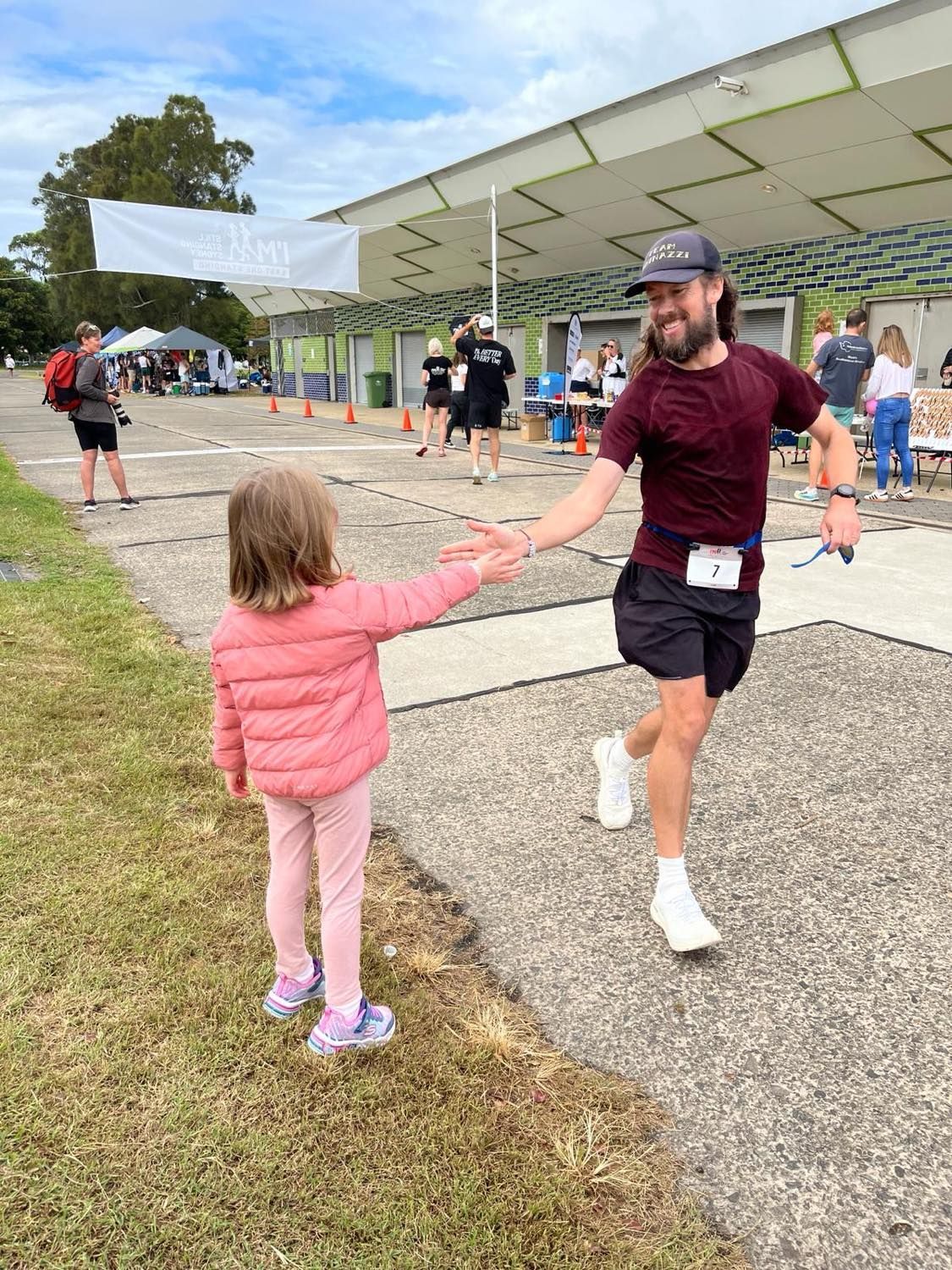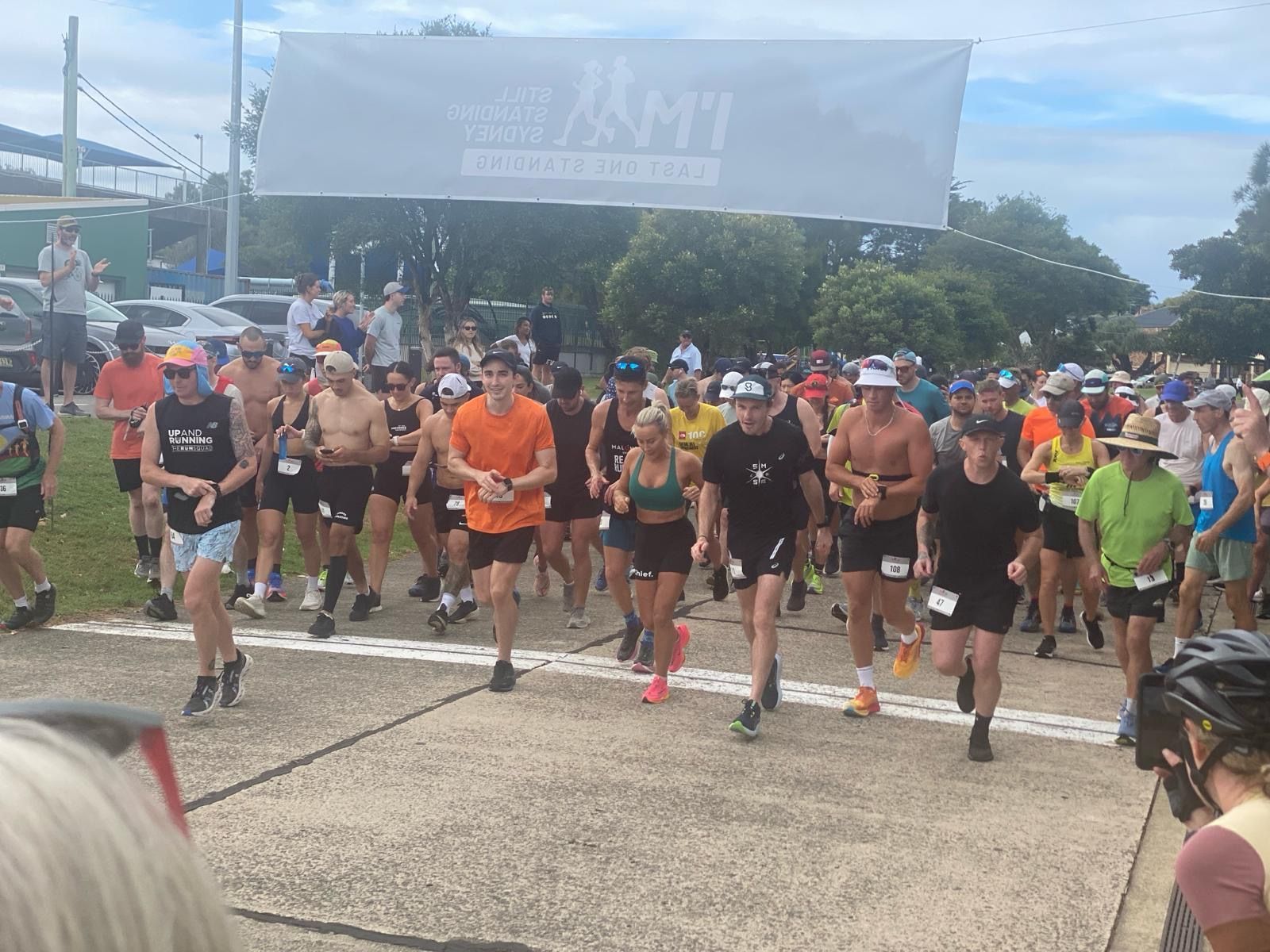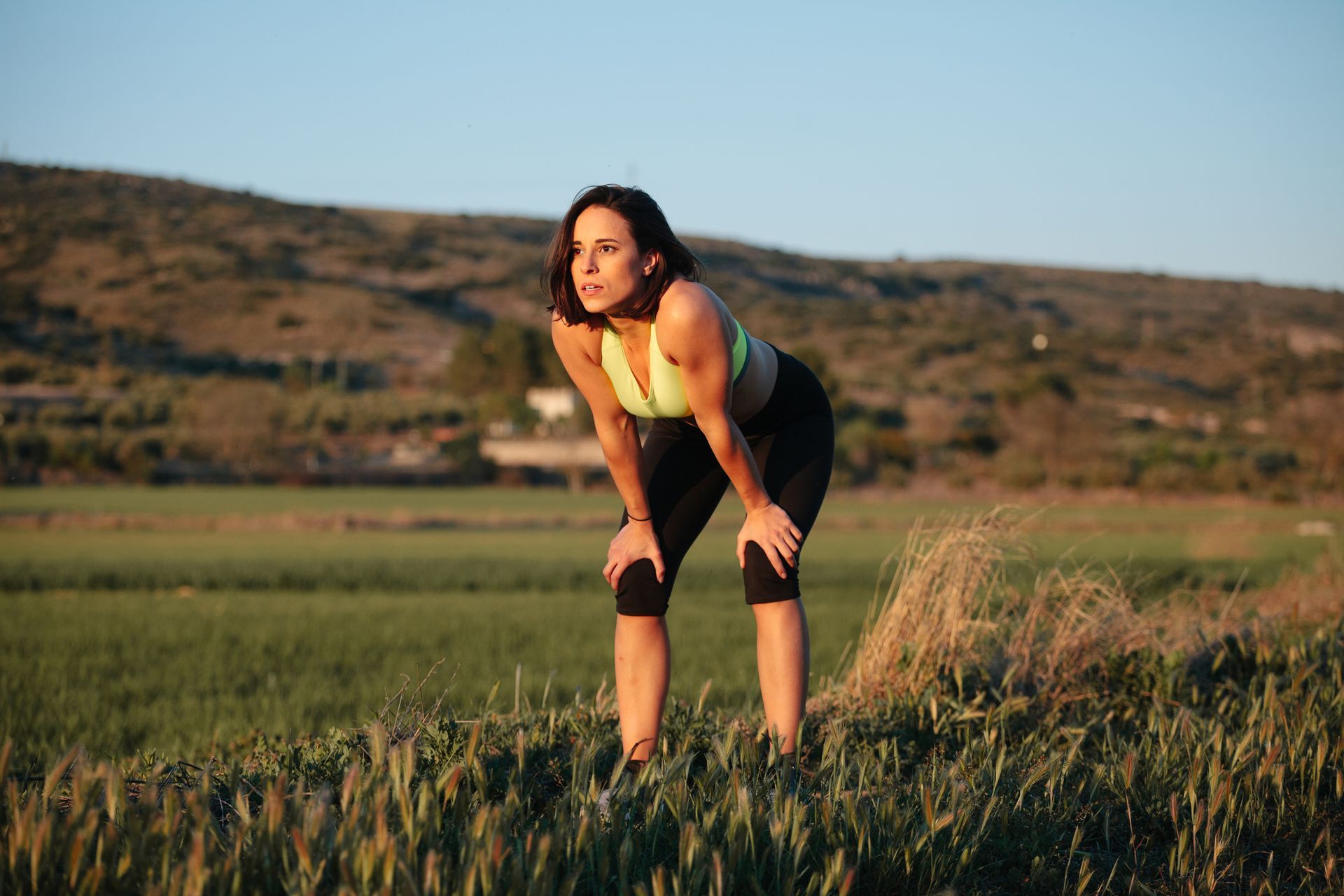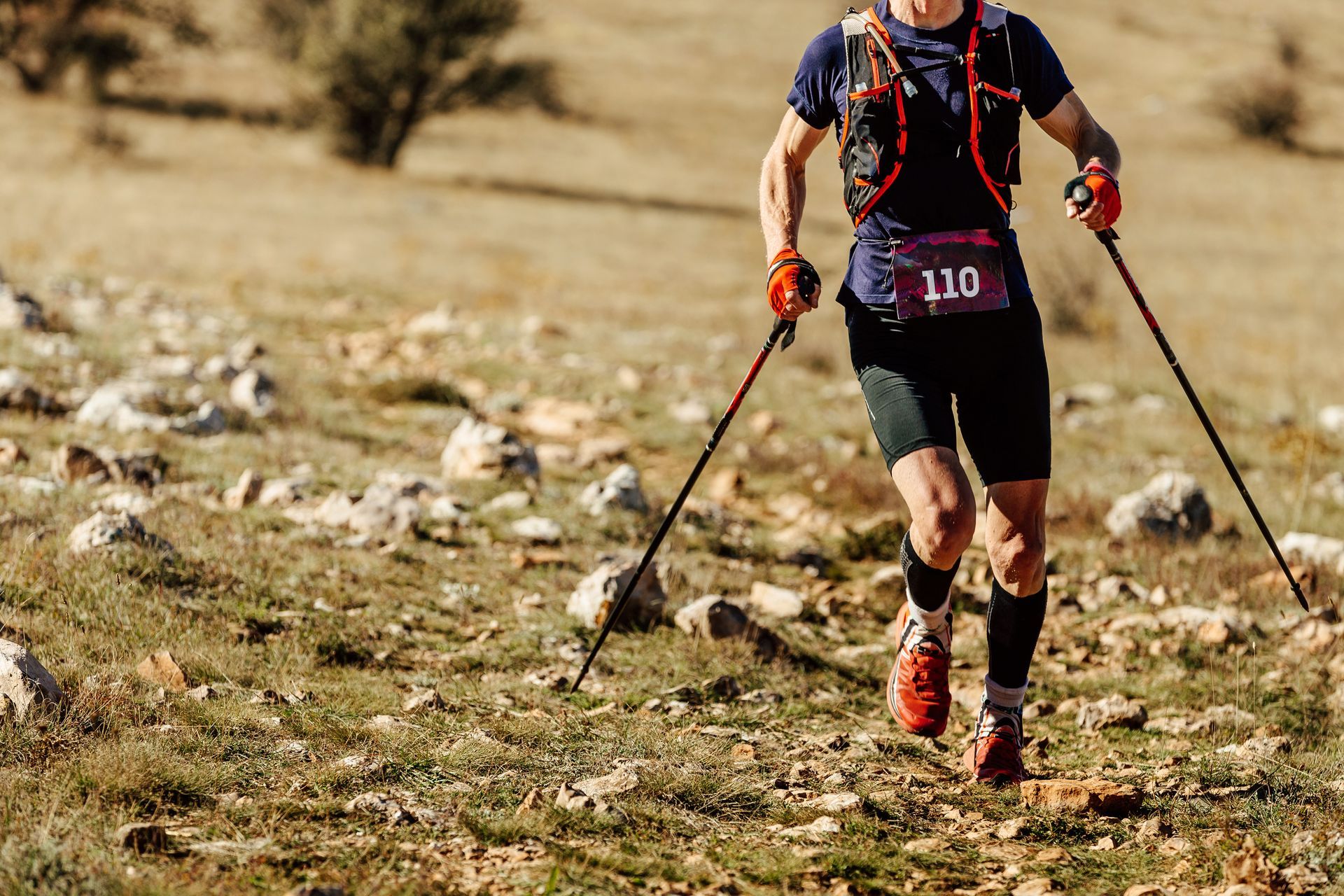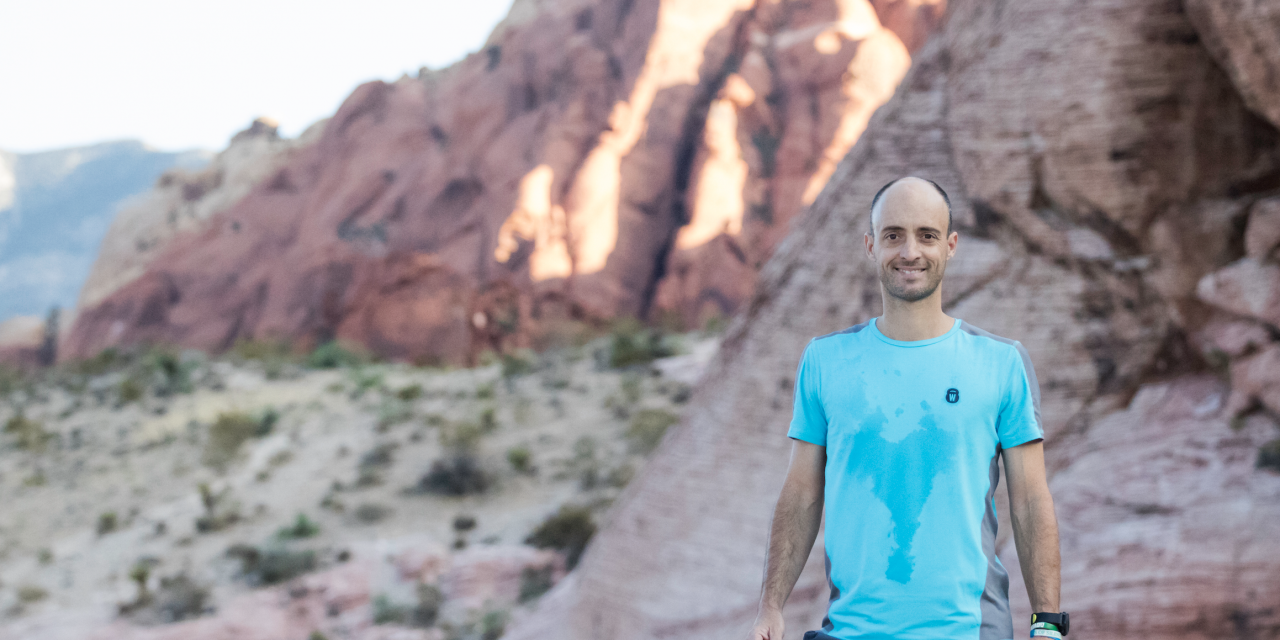
TREATING PTSD WITH ULTRAS
EVERYONE HAS THEIR OWN UNIQUE AND INDIVIDUAL REASONS FOR GETTING INVOLVED IN ULTRA RUNNING, AND WE COULD CERTAINLY GO ON FOR DAYS WITH STORIES ABOUT EVERYONE’S MOTIVATIONS AND WHY THEY STARTED.
But sometimes there’s a bigger meaning behind it all, and when you tear away the exterior of a sport that appears gruelling, arduous and resolute, it can leave itself wide open to be an avocation that leads a person to a better life.
Queenslander Wayne McMurtrie served in the Australian Defence Force for 17 years, most of that time as an advanced medical assistant and achieving the rank of Sergeant. He served two tours in East Timor and two more in Afghanistan, and was discharged as recently as 2011, but not without taking home with him the formidable conditions and exposure to military service that left him with psychological scarring.
Prior to leaving, McMurtrie was diagnosed with Post Traumatic Stress Disorder (PTSD) in 2009 just after his second tour to Afghanistan, but the distention and anxiety didn’t end there.
“After discharging in 2011, I worked as a paramedic in remote locations such as the isolated Western Province of Papua New Guinea and the Pilbara region of Western Australia,” he explains.
“These jobs usually entailed long periods of boredom broken up with short periods of intense stress.”
McMurtrie found new challenges to cope with after leaving the ADF, and felt he had to find a way to occupy his time during those moments of quiet while being a paramedic.
Without conscious thought or action he became an ultra runner.
“I’d always run in a general training sense, but not any distance longer than 10kms, and never with any real purpose,” he says.
“In 2013 I made a friend through work, we’d connected through both of us being army veterans, and he introduced me to the WA ultra running community, which provided me with a new bond.
“When you leave the Defence Force, you leave a family (the HBO TV series Band of Brothers was called that for a reason). One day, you have a mission – a sense of purpose and belonging. You have a band of brothers and sisters who are one of the only consistent things in your life. You’re all exposed to the same conditions and that forms bonds between people that are hard for outsiders to understand.
“When I left the ADF, I still had close ties to friends who discharged around the time I did, but eventually due to circumstances of life, I became isolated and lost and my protective walls that required a ‘Band of Brothers’ to support them crumbled and finally fell.
“I found that the ultra running community provided a bond, a new ‘Band of Brothers’, and people who don’t run simply can’t understand it.”
Despite starting to turn his life around with a positive frame of mind and feeling once again like he belonged somewhere, in 2015 McMurtrie experienced a relapse in his PTSD after he was made redundant from work. Although still running, he escaped to Bali and while there explored different management strategies and coping mechanisms to manage his symptoms and the disease.
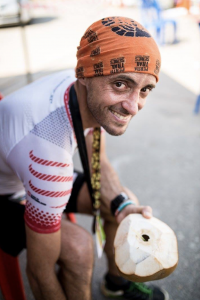
Ultra marathons were one of his four main strategies – the other three included freediving, yoga and meditation.
Social support, networks and social cohesion provided by group activities, such as ultra races, enhance the mental health and wellbeing of individuals. And it’s no surprise that participation in fitness activities overall correlates positively with feelings of self-esteem and confidence.
To belong in society is the most important, yet least recognised need of most humans.
McMurtrie believes his journey as an ultra runner, which has taken him to complete races such as the Northburn 100 Miler (2016) and the Ultra Series WA Feral Pig 100 miler (2017), supports his opinion that a positive community environment provides a common purpose and sense of belonging.
“Your experiences can be life changing, and the bonds formed with other runners truly are lasting,” he reveals.
“Ultra running allows those with PTSD to regain focus, decrease stress, anxiety and tension all while allowing a mix of companionship and alone time.
“I believe that a meditative state I achieve when I run is therapeutic; it allows me a level of clear thought I would not have achieved otherwise. Finding the understanding that this stems from changing my breathing from an unconscious action to a conscious one was the most powerful change of perspective I have gained from my ultra running career.”
For the new year, McMurtrie’s primary focus will be fundraising for the Bali Hope Ultra thanks to his deep connection to the island. He hopes to give back to the ultra running community by sharing the 84kms journey with other inspired runners, all the while fundraising to transform the future of hundreds of families in Indonesia.
He also plans to talk more openly and publicly about mental health stigma targeted at military veterans and civilian emergency service personnel, and in May will be taking on a 50kms memorial run to coincide with the unveiling of a memorial.
“It will be dedicated to young veterans, those who have taken part in contemporary conflicts around the world,” he explains.
“My fourth UTA 100kms is planned for late May, and then the Bali Hope Ultra, which runs from one end of the island to the other, at the end of May about one week post UTA.”
Feature Image: Wayne McMurtrie running in Red Rock Canyon, Nevada. Photograph – Supplied.
Pictured Above: The finish of the 2016 TMMT 100kms Endurance Race, Meropoh, Malaysia. Photograph – Supplied.
*If you or someone you know needs assistance, or someone to talk to, call Lifeline’s 24-hour crisis line 13 11 14. Visit www.lifeline.org.au for more information.



